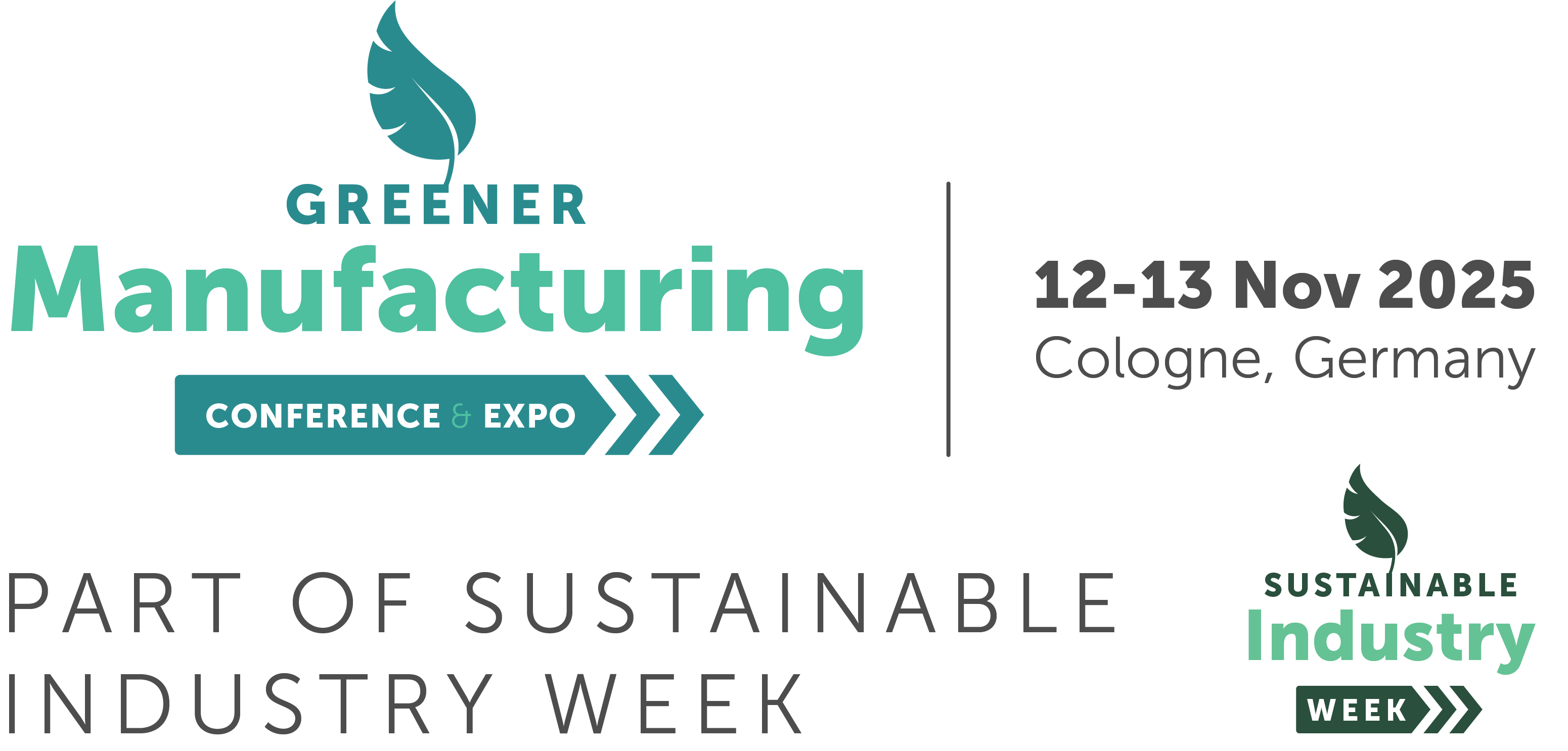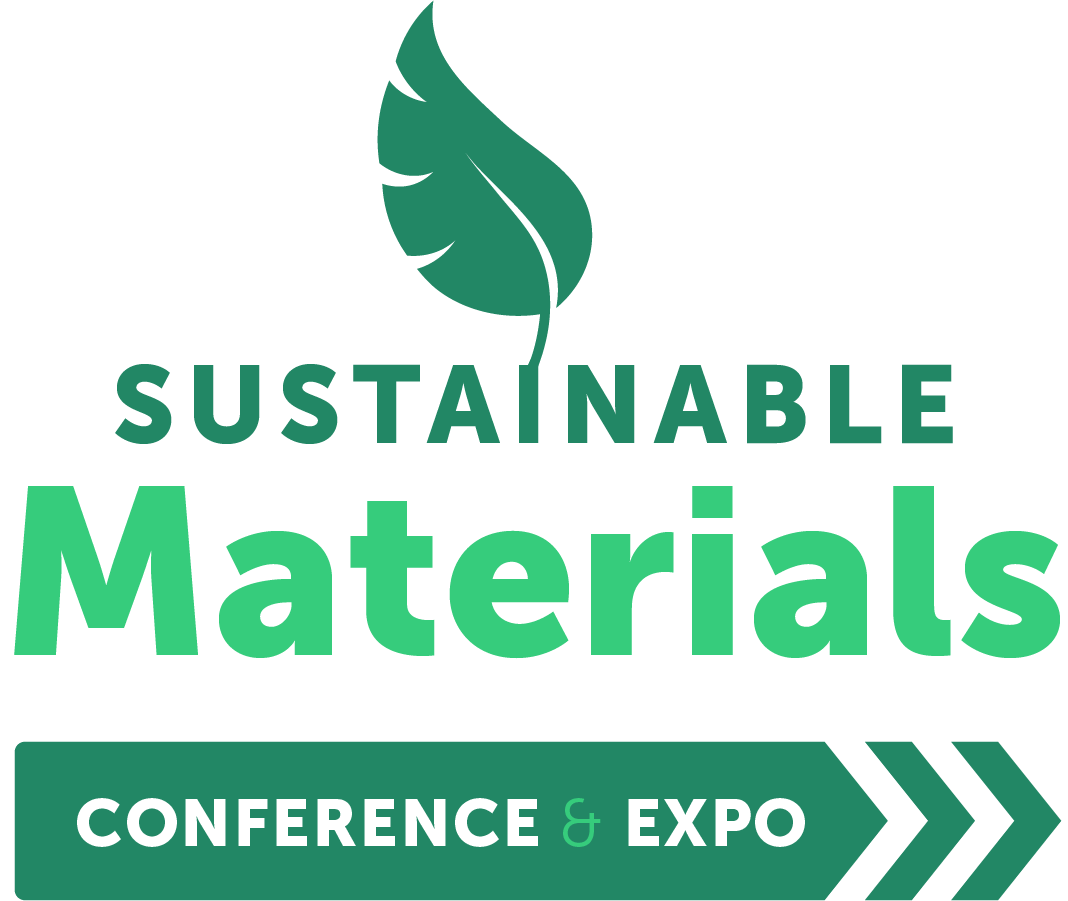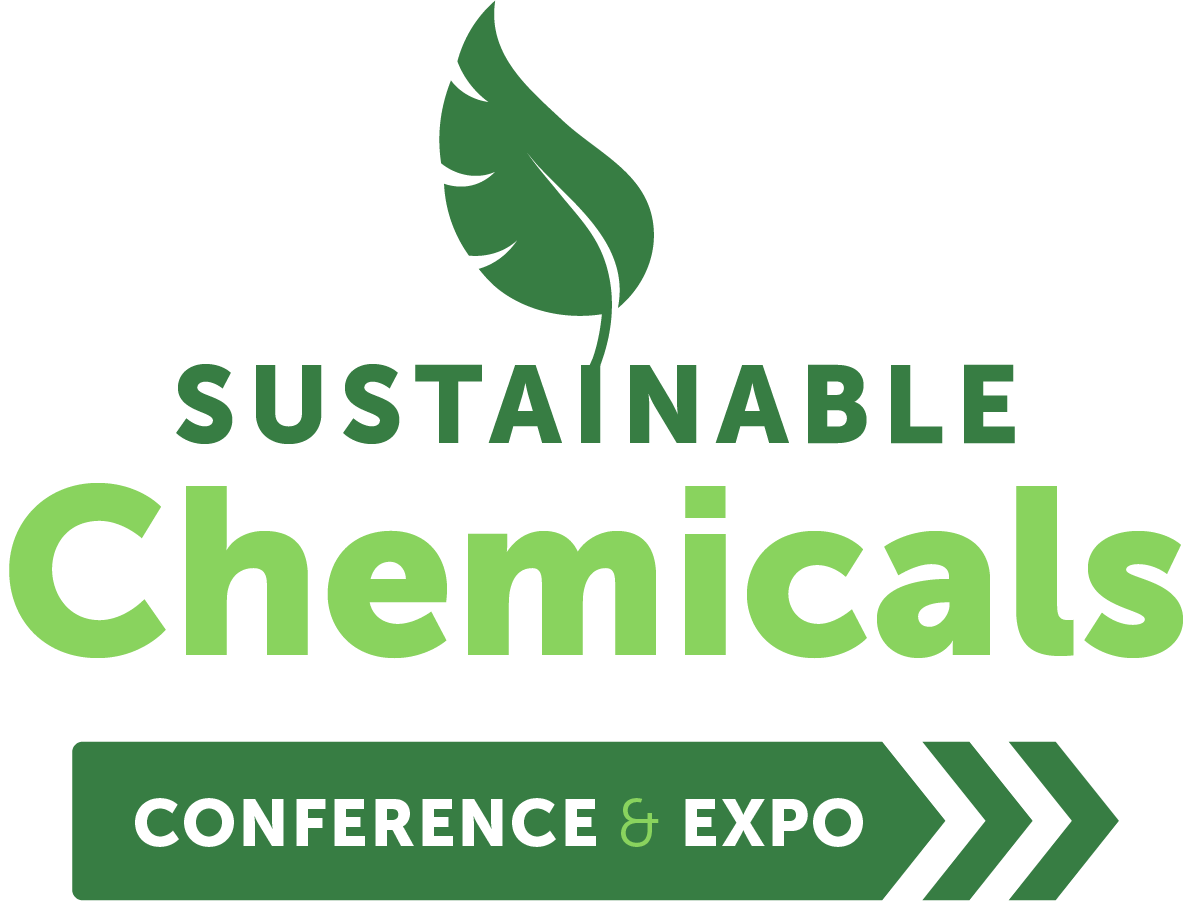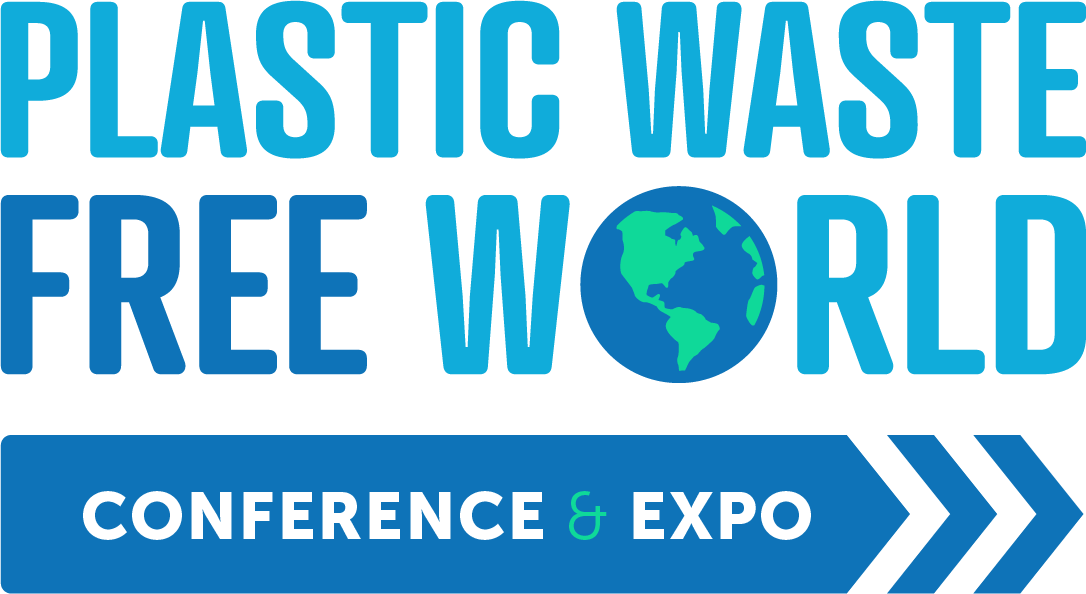Evonik, Pörner Group and Phicit Bio Power to Develop Sustainable Silica
)
German chemicals supplier Evonik announced on 28 September that it has formed a strategic cooperation with Austrian Porner and Thai Phicit Bio Power Co. to supply sustainable Ultrasil-branded silica made from rice husk ash (RHA).
Under the agreement, the companies will leverage Poerner’s process to generate sodium silicate from RHA using biomass energy. This will enable Evonik to deliver a CO2 footprint reduction of up to 30% compared to its standard silica.
Phichit Bio Power Co., Ltd. with its existing rice mills and biomass power plants, licenses Pörner Group’s technology and will invest in a new RHA sodium silicate plant in Thailand. This operation will allow a reliable supply of biobased water glass for Evonik. This is required to meet the global tire industry’s demand for more sustainably produced silica.
This cooperation is a strategically important first step in the further development of our product portfolio. For the first time, we can offer our customers an ULTRASIL® silica with an improved sustainability profile, thus we can support our customers' carbon reduction and circularity goals,” said Emmanuel Auer, Head of Silica business line. “Further measures at other sites in our global production network are also planned to expand our renewables offering to meet global demand more sustainably."
“At our demonstration plant in Germany we have verified the superior quality of the bio-silicates over several years of research and development in a pre-qualification process with Evonik,” said Gerhard Bacher, CEO of Pörner Germany.
“Our patented process is based on the ash of biomass power plants fired with rice husks, where the Pörner Bio-Silicate Technology intelligently uses the natural filtering ability of the rice plant to produce high-quality sodium silicates for many applications - above all to produce the silica used in the tire industry.
Now, through this cooperation, it is possible to produce Bio-Silicates on an industrial scale and significantly reduce the CO2 footprint compared to the conventional processes. We are starting to decarbonize the silicate processing industry worldwide.”
“The environmental benefits of producing silicate from rice husk ash are clear, but equally as important are the benefits the cooperation brings for our stakeholders in the region. For example, through the creation of new jobs for local communities around the plant, or for farmers who will be able to connect to our electricity generation network,” said Banjong Tangjitwattanakul, President of Phichit Bio Power Co., Ltd.
“We are proud to play our part in realizing this vision to supply the quantities of silicates from rice husk ash that will support the global silica production market to reduce its carbon footprint and help the planet.





